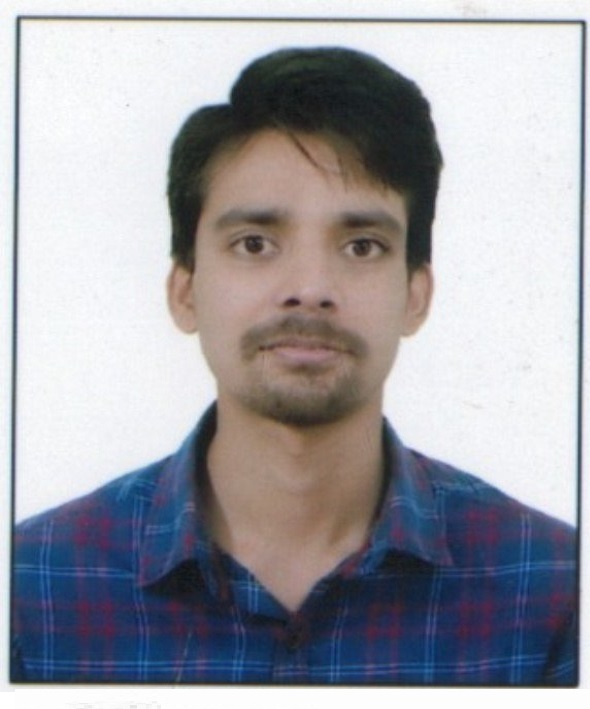Mechanised OpinionMaking: Arguments for Systematic Political Nudging
People undergo genuine opinion change over time. It is natural when this change is driven by new communication means, better information sources or new issues and agendas hovering in the environment are adding or replacing old ones. But when external agencies somehow control the opinionmaking process, this is where ‘mechanised opinion-making budding out. The paper, through the survey data, tries to find out how opinions are being manipulated and throw light on the political behaviour of voters in the context of their interaction with new media tools.


